Early Tuesday morning, a cargo ship struck the Francis Scott Key Bridge in the Port of Baltimore, resulting in the bridge collapsing. The accident resulted in multiple fatalities, with at least eight people falling into the water below the bridge. As of this writing, two of the victims have been rescued, while two bodies have been recovered. The four remaining individuals are missing and presumed dead. Port traffic has been suspended as recovery operations are underway, leading to questions over possible supply chain disruptions, including possible disruptions to GM operations.
Although the Port of Baltimore is one of the smallest container ports on the Northeastern seaboard, it’s the busiest U.S. port for auto shipments, handling roughly 750,000 vehicles just last year.
Immediately following the collapse of the bridge, GM issued a statement:
“Our thoughts are with those who were affected and the Baltimore community. We expect the situation to have minimal impact to our operations. We are working to re-route any vehicle shipments to other ports,” GM said.
GM currently imports several vehicles for sale in the U.S. market, including the Chevy Trax, Chevy Trailblazer, Buick Encore GX, and Buick Envista, all of which are produced in South Korea. General Motors also imports the Buick Envision from China. In addition to completed vehicles, the Baltimore bridge tragedy may also affect parts supplies as well.
According to Rick Franza, PhD, professor at the Hull College of Business at Augusta University in Georgia and an expert on operations and supply chain management, the Baltimore bridge collapse will force automakers to divert shipments to ports like New York, Charleston, and Savannah, among others. According to Franza, most East Coast ports are currently at 70 to 80 percent capacity.
“You don’t want to have much more than that, but they’re going to have to,” Franza said. “It could affect a good bit of the eastern half of the United States.”
Franza added that companies will need to decide which distribution center to use after offloading cargo, and that logistics on transportation could become complicated. However Franza feels as though the consumer won’t see much of an impact in the long run, although prices may be affected.
“First of all it’s going to take a while before we see any effect on certain things,” Franza said. “The bad news for inflation is that it’s going to raise the cost of transportation for the goods coming off the ships. Will businesses absorb the cost or pass them along to consumers?”
Subscribe to GM Authority for more GM business news, GM safety news, GM production news, GM business news, and around-the-clock GM news coverage.

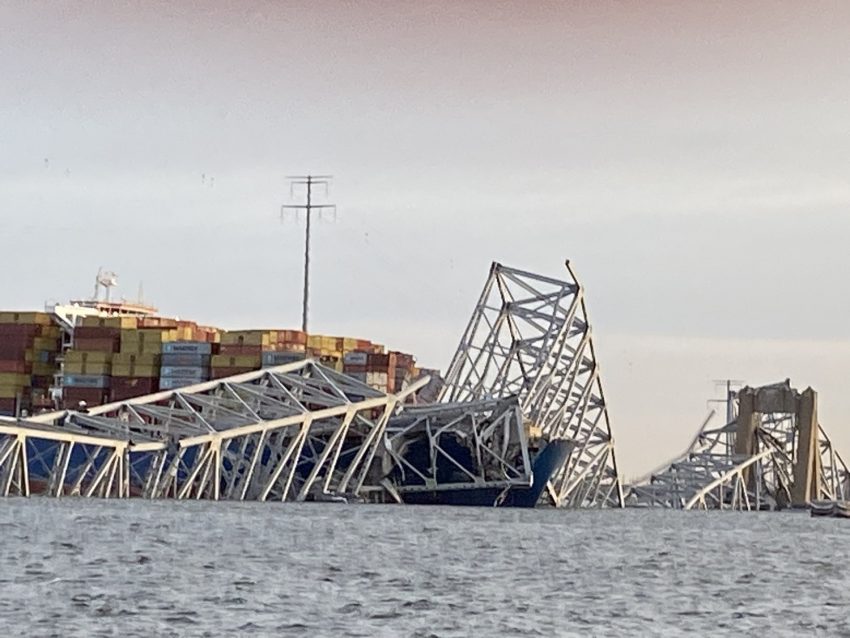
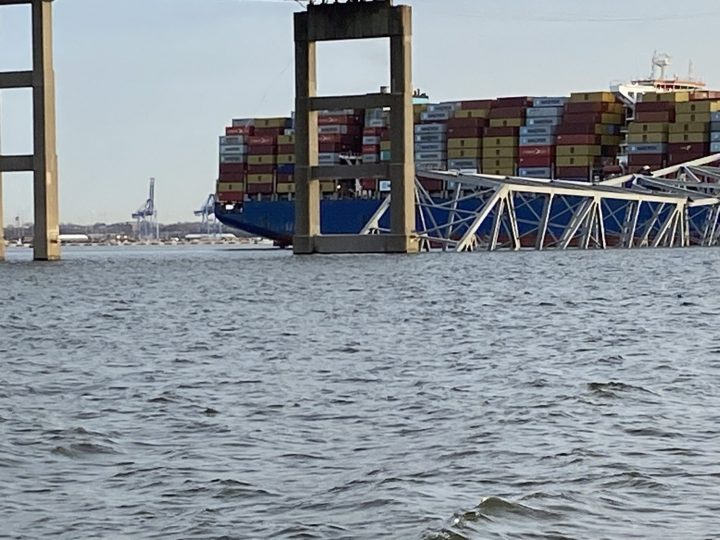
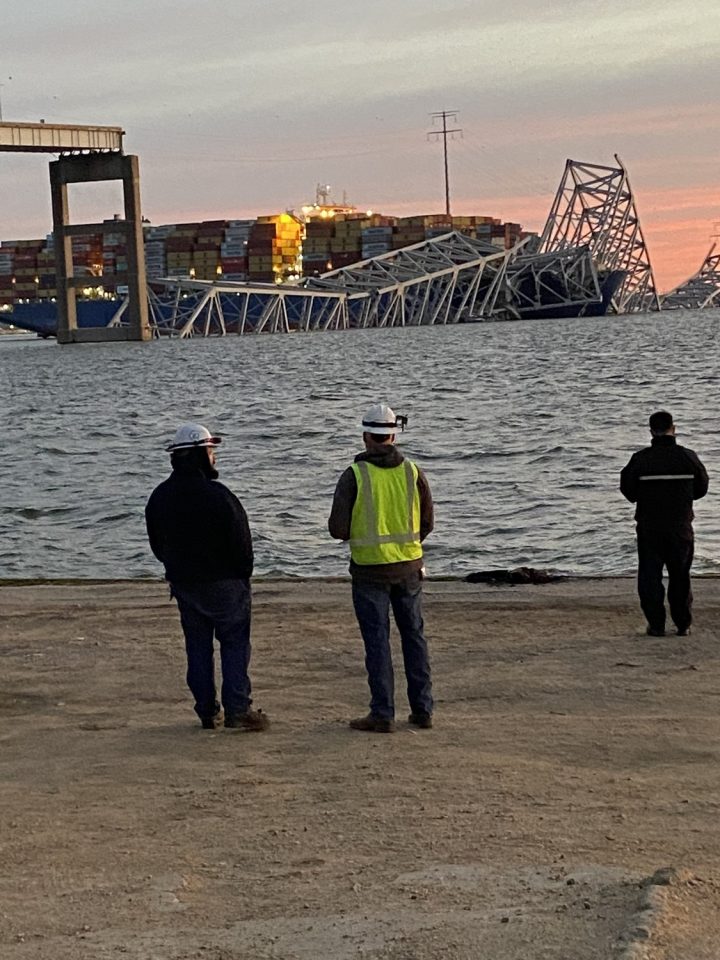
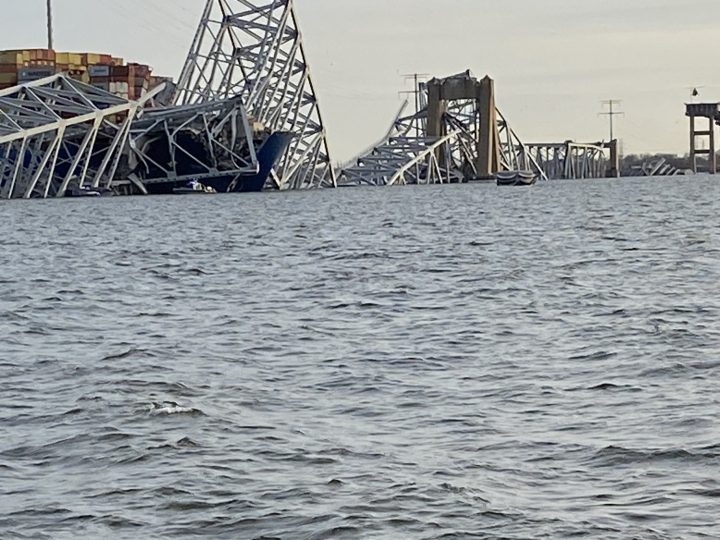


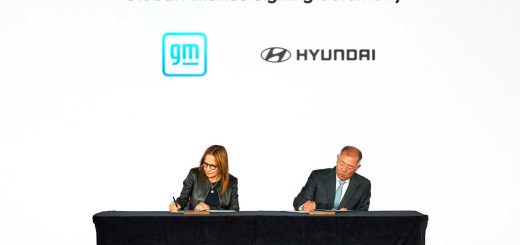
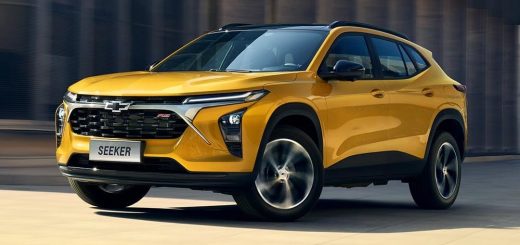
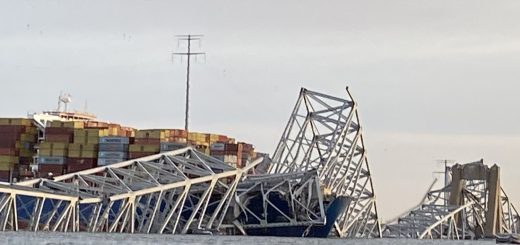








Comments
As all of GM’s foreign parts come from Mexico or Asia, I’m saying No….. this mostly affects German imports, to which I’m not crying over as they won’t let us export to their country without an 80% markup
Majority of east coast imports (especially automobiles) come though Port Elizabeth NJ. I doubt this will affect much other than more car carriers and car rack train cars out of NJ.
I want to know where all of that scrap steel is going to end up . . .
Give it back to China..so they can resell it to us…hope sloppy Joe doesnt read this and get any ideas!!
If memory serves, Nippon Steel of Japan recently bought U.S. Steel Corp.